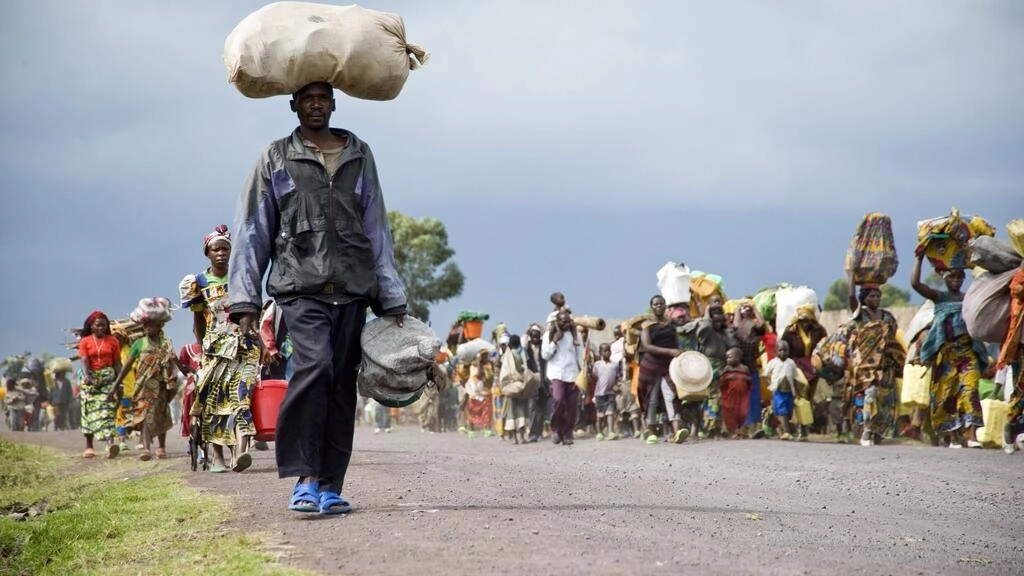A statement by the NRC’s secretary-general Jan Egeland said: “With the all-absorbing war in Europe’s Ukraine, I fear African suffering will be pushed further into the shadows.”
According to the NGO, the countries most neglected are the Democratic Republic of Congo, Burkina Faso, Cameroon, South Sudan, Chad, Mali, Sudan, Nigeria, Burundi and Ethiopia.
It is the first time that all 10 crises on the Council’s annual list – based on shortfalls in the international political response, media coverage, and the amount of aid pledged – are all on the African continent.
In the DRC, which tops the list as the most-neglected country for the second year running, around 27 million people went hungry last year, or one-third of the population.
In addition to near famine-like conditions, 5.5 million people were internally displaced within the DRC, with a further one million fleeing abroad.
Crises ignored by international donors
However, there have been no high-level meetings or donor conferences about the DRC’s hunger crisis nor the conflict in the country’s east, and only 44 percent of the $2billion requested by the UN for humanitarian aid has been received.
In contrast, the NRC highlighted that it took just one day this March for a humanitarian appeal for Ukraine to be almost fully funded.
Egeland remarked: “The war in Ukraine has demonstrated the immense gap between what is possible when the international community rallies behind a crisis, and the daily reality for millions of people suffering in silence within these crises on the African continent that the world has chosen to ignore.”
Climate shocks such as droughts and floods have exacerbated food crises on the continent, while conflicts or endemic violence have displaced civilians, making it harder for aid groups to reach them.
A lack of press freedom in many of the affected countries has made media coverage of the crises more difficult.
The NRC has appealed to the UN Security Council and other international bodies to give “adequate attention” to the ongoing emergencies with measures such as assigning one or more members to “champion” specific displacement crises and support NGOs working on the ground.
It also suggested steps to address donor fatigue, such as governments committing steady funding flows rather than one-off pledges.
